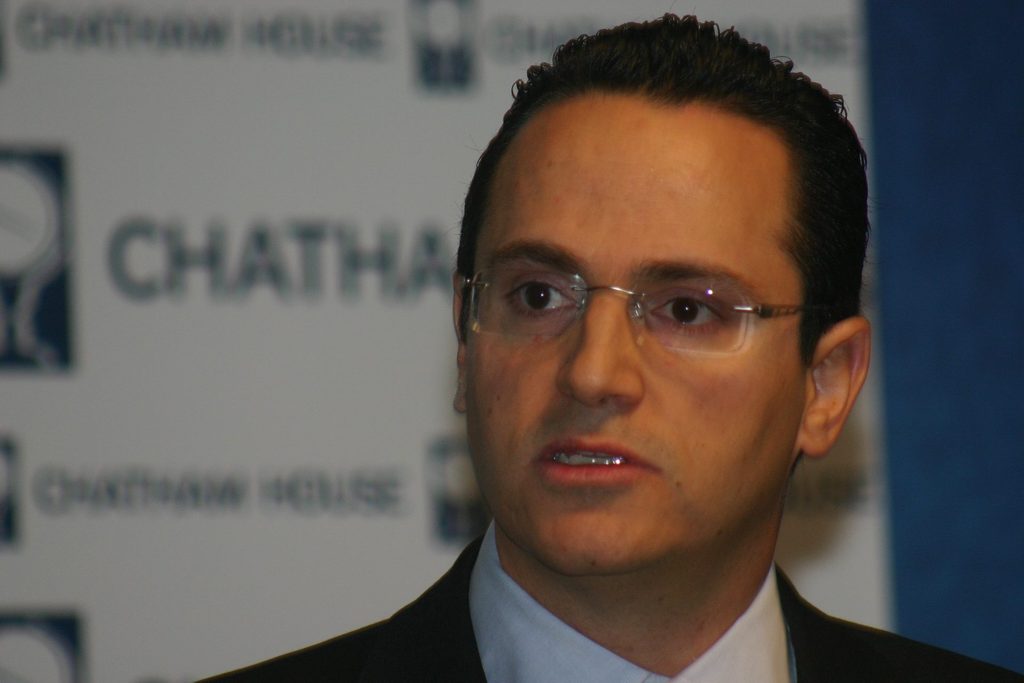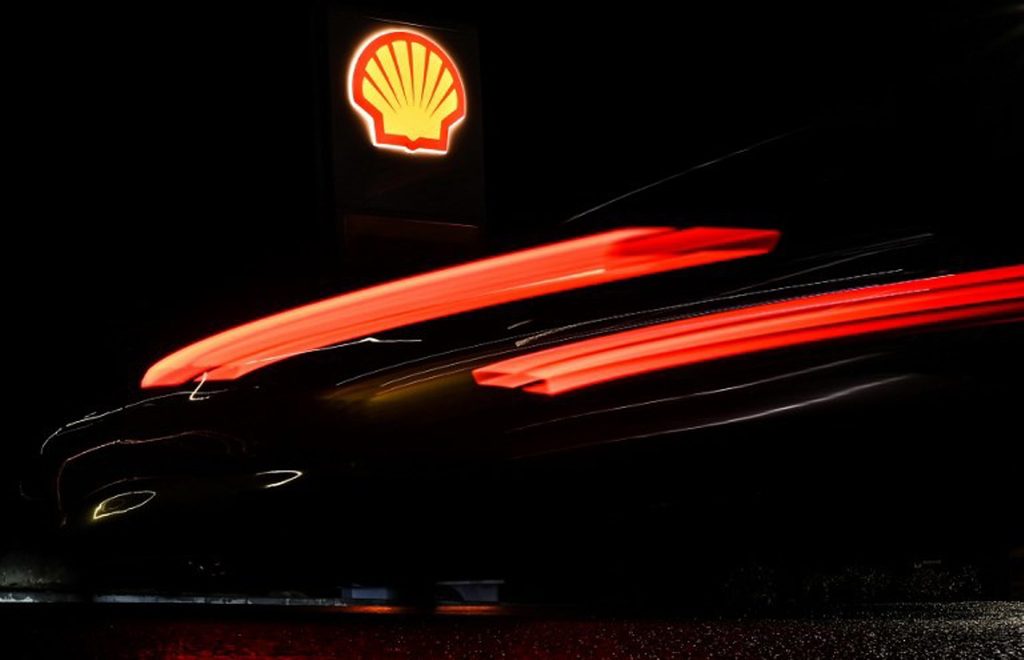British oil and gas giant Shell announced on Wednesday that it was now banking on “stable” oil production until 2030, thus putting the brakes on its energy transition plans.
Wednesday's announcement was criticised by environmental campaigners as a "180-degree turn", whereas the carbon-neutrality plan Shell unveiled in 2021 would have seen a reduction in oil production of between 1% and 2% per year.
In a statement issued ahead of an investor day, Shell said it would "extend its advantageous position in upstream oil and gas exploration and production; and generate long-term cash flow by stabilising its liquids production until 2030."
"We are investing to deliver the energy security customers need today and well into the future, while transforming Shell so that it can be a winner in a low-carbon future," said CEO Wael Sawan, quoted in the statement.
He stated that the group wanted to "increase distributions to shareholders while enabling the global energy transition."

Shell CEO, Wael Sawan. Credit: Creative Commons
Oil on fire
The group maintains that it has already achieved its production reduction targets for the period, compared with the targets unveiled in 2021, which were based on 2019 production.
"Our objective of reducing oil production by 2030 has not changed, we have just achieved it 8 years earlier than planned", a spokesperson said.
Wednesday's statement included a series of gifts to shareholders: an "increase in distributions to shareholders of 30 to 40% of cash generated from operations, a 15% increase in the dividend per share starting in the second quarter of 2023, and share buybacks of at least $5 billion in the second half" of this year.

